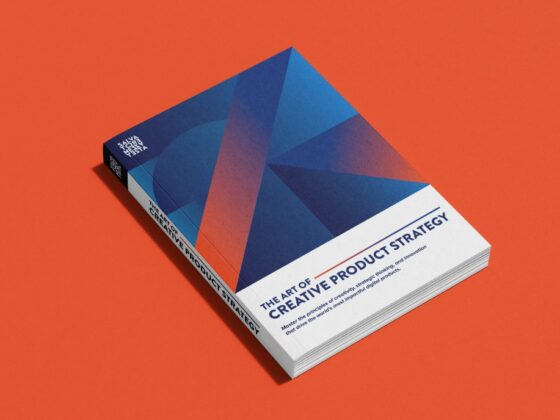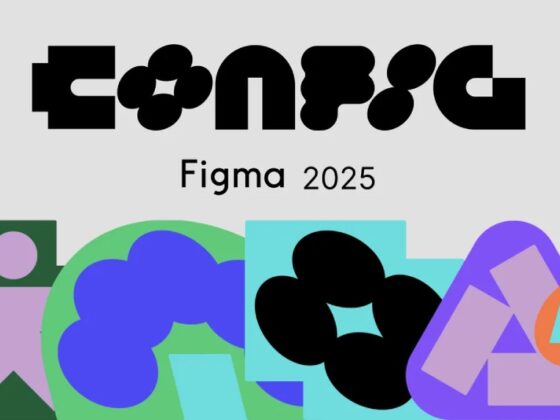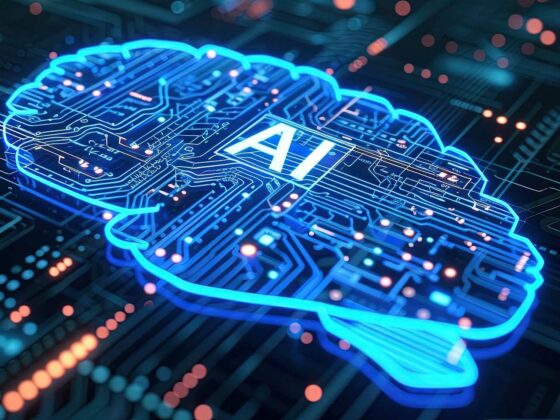As we are about to enter 2024, the landscape of Digital Product Design is evolving at an unprecedented pace. As we look ahead, the next five years promise to be a transformative period, where innovative technologies will not only reshape the way we interact with digital products but also redefine their very essence.
In this article, I’ll explore how the integration of Augmented Reality (AR), Artificial Intelligence (AI), and other groundbreaking innovations will shape the future of digital products and of of our lifes over the next five years. Embark with me on a journey to 2028 and envision the transformative world of digital product design.
Augmented Reality
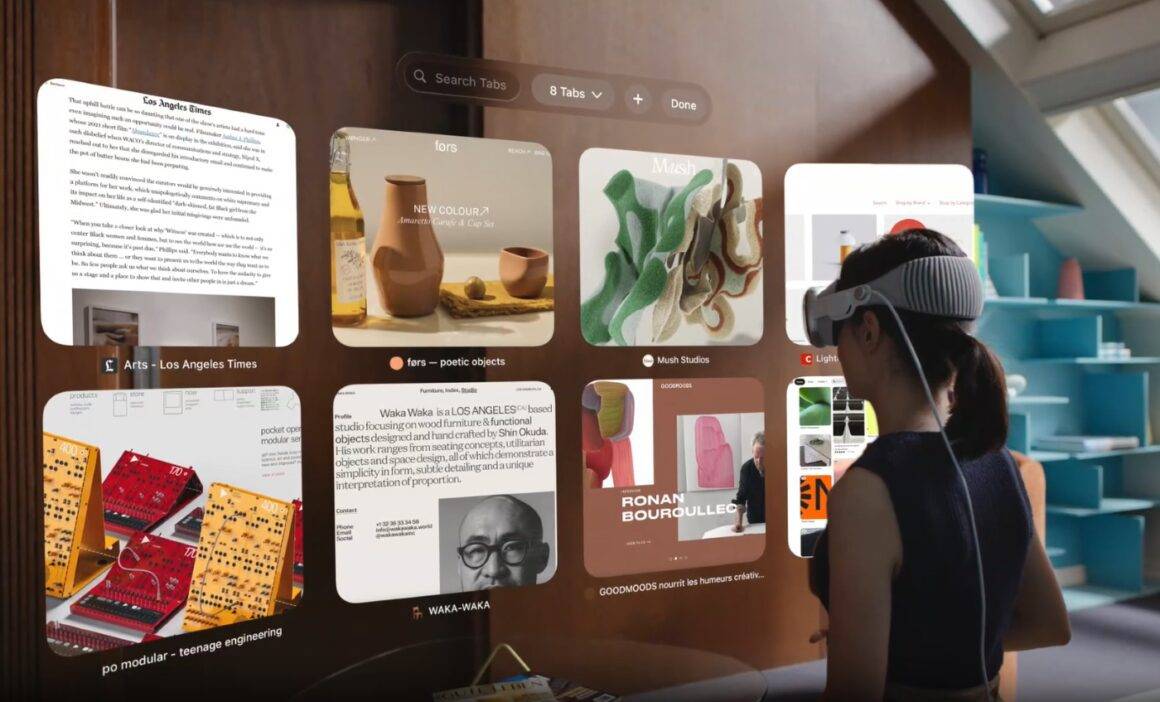
Augmented Reality is set to redefine our daily interactions with technology by seamlessly blending the digital and physical worlds. This integration will significantly impact various aspects of life and industries:
- Enhanced User Experiences: Augmented Reality will elevate user experiences by integrating virtual elements into the physical realm, offering more engaging and immersive interactions.
- Revolution in Retail and Advertising: In retail and advertising, AR will enable users to virtually try products before purchase and will create interactive advertisements that merge entertainment with marketing.
- Education and Training: The education sector will benefit enormously from AR through interactive and visually rich learning experiences, bringing complex subjects to life.
The Impact on Design and Accessibility
The incorporation of AR in digital products will necessitate a fresh approach to design, prioritising inclusivity and accessibility:
- User-Centric Design: The focus will be on creating intuitive interfaces that cater to a diverse user base, including individuals with disabilities.
- Accessibility: AR will open new avenues for accessibility, allowing alternative interaction methods like voice commands and gesture controls.
Artificial Intelligence

Artificial Intelligence will be the driving force behind personalised and anticipatory design elements in digital products, offering a more intuitive user experience.
Personalisation and Predictive Design
- Tailored User Experiences: AI’s ability to learn from user interactions will enable digital products to offer highly personalised experiences.
- Predictive Design: Leveraging past user behaviors, AI will suggest actions and content, enhancing the intuitiveness and efficiency of digital products.
Enhancing Creativity and Efficiency in Design
AI will not only streamline design processes but also enhance collaboration and creativity in the field:
- Automated Design Processes: Routine design tasks will be automated, freeing designers to focus on more creative and strategic work.
- Real-time Collaboration Tools: AI-enhanced tools will facilitate more effective collaboration among designers, regardless of geographical barriers.
Internet of Things (IoT) and Connectivity
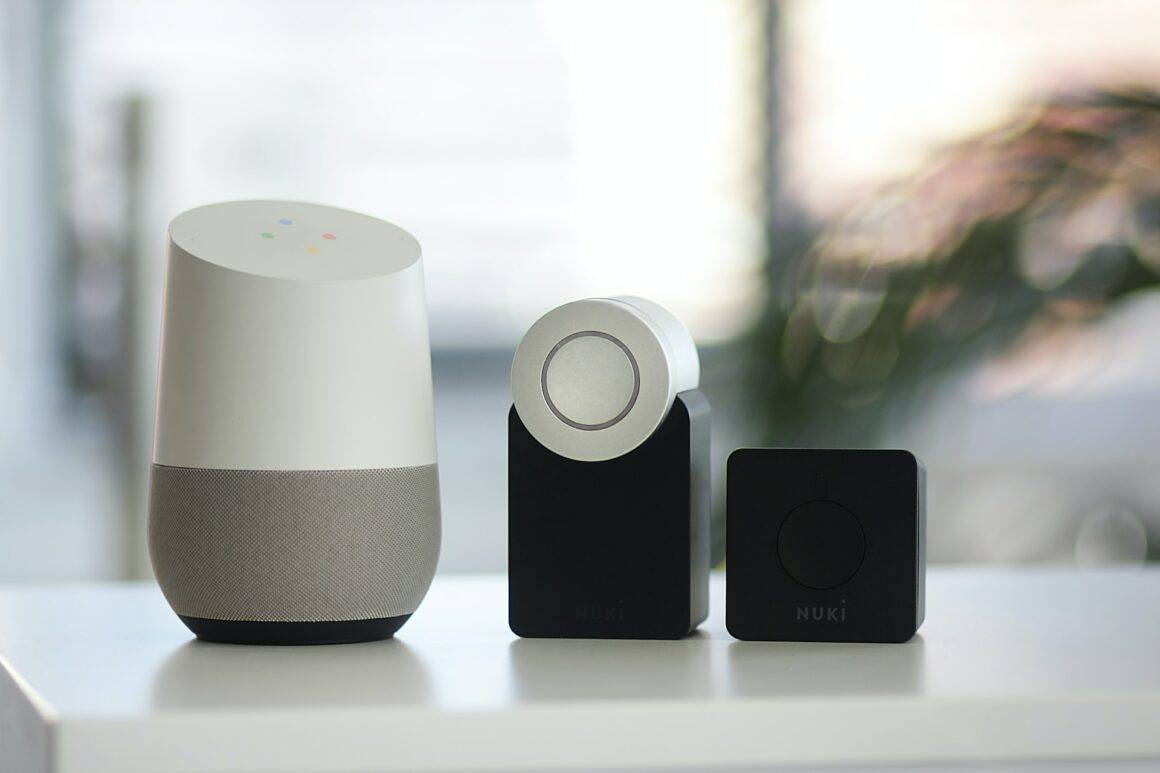
The Internet of Things will play a crucial role in ensuring seamless integration and interconnected digital experiences:
- Seamless Integration: IoT will enable digital products to connect with a myriad of devices, enhancing user experiences beyond traditional screens.
Ehanced Voice and Gesture Interactions
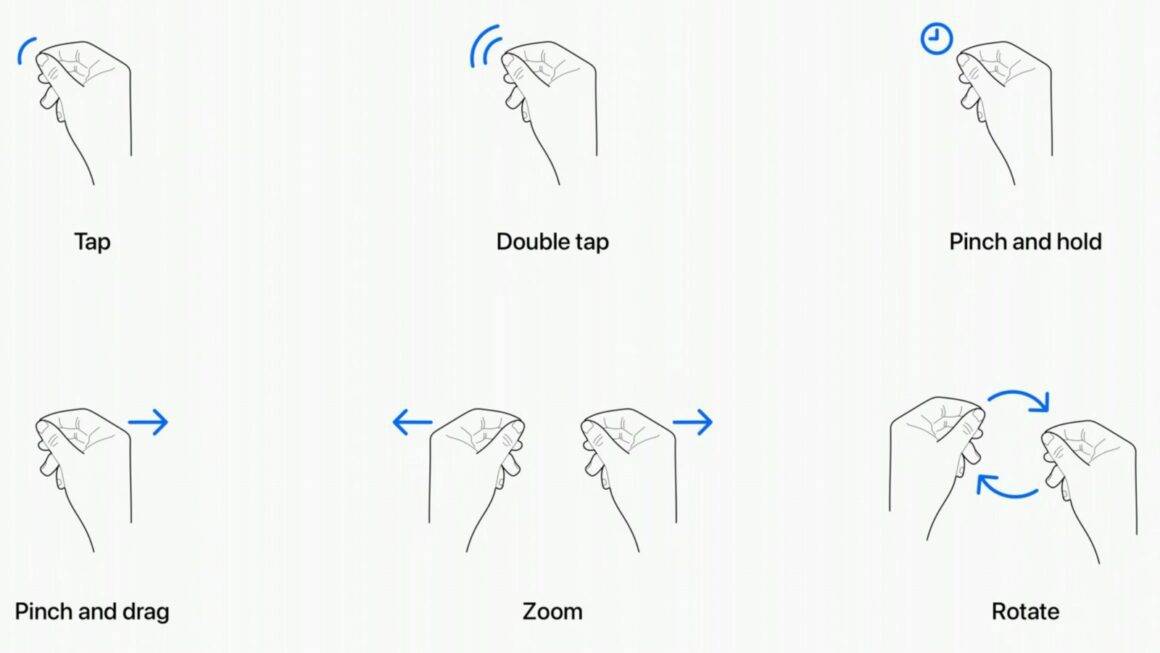
The future will see a shift towards more natural forms of interaction with technology:
- Beyond Touchscreens: Voice and gesture controls will become more common, offering intuitive and natural ways to interact with digital products.
Ethical Considerations and Sustainability

As technology advances, the focus on ethical design and sustainability will become more prominent:
- Responsible Design: Ethical considerations regarding data privacy and AI biases will become increasingly important.
- Sustainable Practices: There will be a growing emphasis on sustainable design practices to ensure digital products are environmentally friendly.
A World Transformed by Digital Innovation
The next five years will be a transformative period in digital product design, marked by the integration of AR, AI, and other technological advancements. These innovations will make digital experiences more immersive, personalised, and accessible, but they will also bring challenges in terms of ethics and sustainability.
As leaders and innovators, it’s our responsibility to navigate these changes thoughtfully, ensuring that the digital products of the future are not only technologically advanced but also ethical and inclusive.

